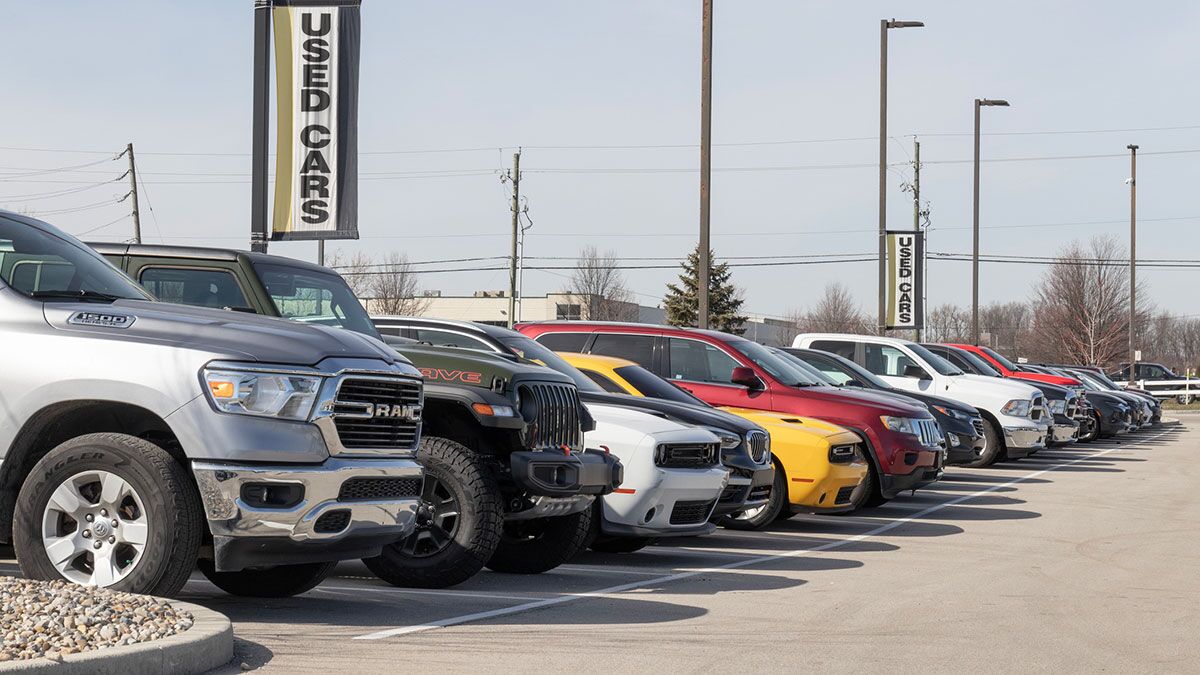Car News

Signs of Mazda RX-7 Successor Spin Again
Mazda has been teasing a car inspired by the RX-7 since 2023, and a new report is fanning the flames for enthusiasts of the sports car.

Texas Program Pays Cybertruck Owners to Power the Grid
Tesla has announced a pilot program that will give Cybertruck owners credits toward their electric bills for supporting the power grid.

Greenhouse Gas Decision: What It Means for Car Shoppers
The White House has reversed the government's position on greenhouse gases, but the move may not change car design much.

Audi A6 Gets Makeover for 2026
The 2026 Audi A6 TFSI will receive a significant mid-model year update.

Car Loans Were Easy to Find in January
Lenders approved nearly 72% of car loan applications in January, asking for a 13.4% downpayment on average and extending longer loans.

2026 Nissan Rogue PHEV pricing hits the market
The 2026 Nissan Rogue Plug-in Hybrid (PHEV) starts at $47,485 and caps out at $51,485. The Rogue PHEV is Nissan’s first hybrid in the U.S.

Average New Car Price Drops; $20K Car Likely Dead
The average new car buyer paid $49,191 last month, down from December's record high but still a high figure for January.

Subaru Forester, Forester Hybrid Prices Drop
Subaru has dropped prices on all Forester Hybrids and many gas-powered Foresters for model year 2026, the company has announced.

2027 Toyota Highlander First Look: Electric, Bigger, and More Luxurious
The all-new 2027 Toyota Highlander arrives with an all-electric powertrain, an upscale near-luxury cabin, and new features and tech.

Volvo Will Update Older Cars with AI Assistant
Volvo will roll out an OTA update bringing Google’s Gemini AI assistant to most 2021–2026 models, enhancing conversational voice features for existing owners.

2027 Mercedes-AMG GLC Will Get Six Cylinders, 443 HP
AMG’s 2027 GLC 53 4MATIC+ swaps the 4-cylinder for a 443-hp inline-six with hybrid boost, new drive modes, styling tweaks, and an optional Gold Accents Package.

Volkswagen is Giving Away a 2026 Golf GTI
Volkswagen has been dropping clues on its social media channels that lead to a chance to win a new Golf GTI.

Used Car Wholesale Prices Rise– A Bad sign for Shoppers
Used car wholesale prices rose in January. Retail prices typically follow the same pattern about six to eight weeks later.

Report: Subaru Planning 3-Row EV
Subaru is adding yet another 3-row electric vehicle (EV) to its lineup, according to a new report. We think we know what it is.